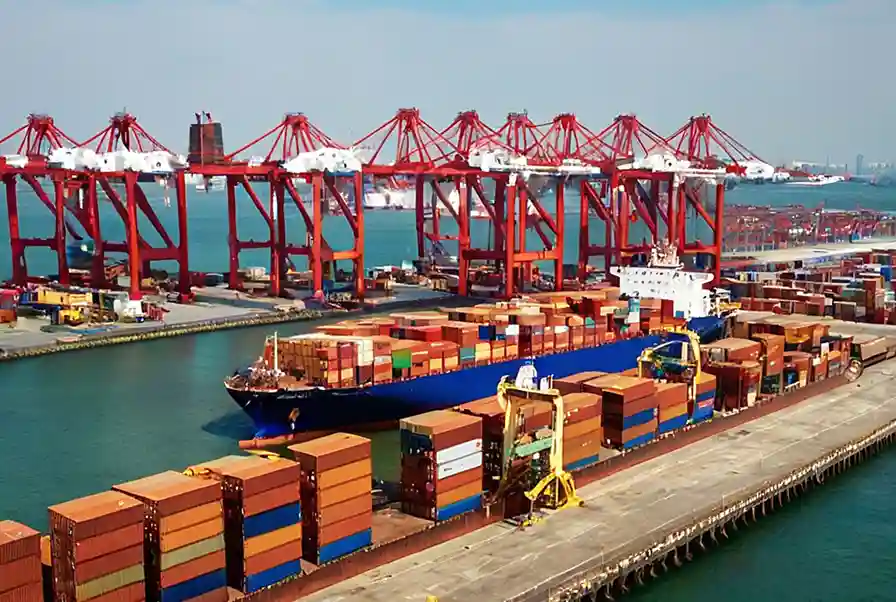Full Container Load (FCL) Shipping: A Gateway to Global Trade
What is Full Container Load (FCL) Shipping?
FCL shipping involves the use of an entire container by one shipper—either an exporter or importer—for transporting their goods. These containers, commonly 20 or 40 feet in size, come in several types tailored to different cargo needs. Unlike LCL, FCL does not involve sharing space, giving the shipper full control over loading and unloading.
Enhancing Supply Chains with FCL Excellence
FCL shipping boosts efficiency, cuts costs, and ensures reliability for global trade. Contact us for expert logistics solutions.
It’s effective, inexpensive, and trustworthy.
Faster delivery, fewer hands, better logistics.
Use reliable carriers, be compliant, and seek professional assistance.
Key Benefits of FCL Shipping
FCL is more economical per unit when shipping large volumes. With no shared cargo, costs are predictable and free of additional handling fees typical in LCL.
Using a full container reduces handling points and lowers the risk of loss or damage. Since your cargo is not mixed with others, it stays sealed and secure throughout transit.
FCL shipments bypass the consolidation and deconsolidation process, making them quicker to dispatch and clear through customs.
Shippers can load cargo according to specific requirements, making FCL ideal for delicate or special-handling goods.
Smart Strategies for FCL Efficiency
- Assess Your Volume Needs
FCL is most effective when you have enough cargo to fill a container. Calculate volume and weight to ensure optimal container usage. - Choose Dependable Carriers
Work with shipping lines known for punctuality, safety, and global reach. A trustworthy carrier ensures timely and hassle-free delivery. - Negotiate for Better Terms
Use your shipping frequency and volume as leverage to get favourable rates or service commitments from carriers. - Partner with Customs Experts
Customs regulations vary across borders. Working with experienced agents helps you avoid costly delays and ensures compliance. - Protect with Cargo Insurance
Get comprehensive insurance to cover risks during transit. It safeguards your shipment from theft, damage, or unforeseen events. - Adopt Real-Time Tracking Tools
Modern tracking systems offer real-time updates, allowing better coordination and improved customer communication.
Technology’s Role in FCL Shipping
Digital tools are transforming FCL logistics. Blockchain ensures secure document transfers, IoT devices enable live container tracking, and AI supports smarter route planning. These technologies improve efficiency, reduce human error, and increase transparency throughout the shipping process.
Conclusion: Driving Global Growth with FCL Shipping
FCL shipping is more than just a transport method—it is a strategic choice for businesses scaling across borders. Its cost advantages, speed, security, and flexibility make it a top choice for high-volume exporters and importers. With careful planning and the smart use of technology, companies can unlock global opportunities and stay competitive in an evolving trade landscape.
